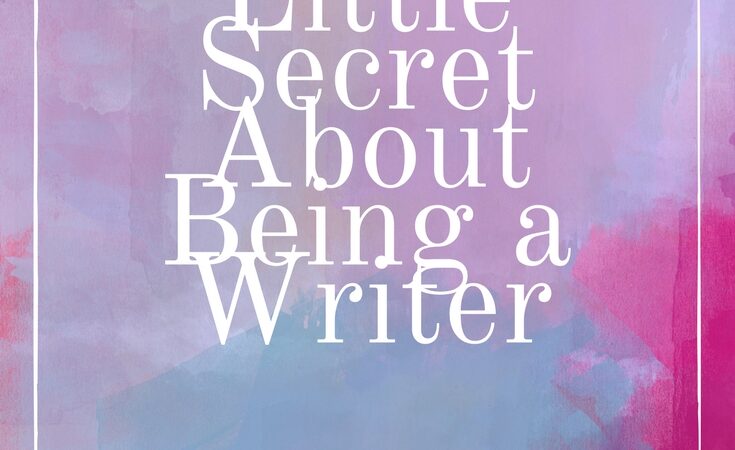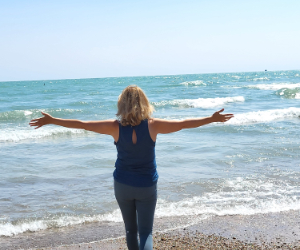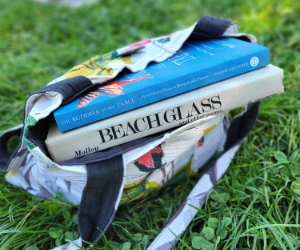 I’m not proud of the fact that there are unwashed dishes in my sink, a pile of unfolded laundry on my bed, or a family of dust bunnies under my dresser. But I’m writing. And when my writing time increases, my usually high cleaning standards take a dramatic fall.
I’m not proud of the fact that there are unwashed dishes in my sink, a pile of unfolded laundry on my bed, or a family of dust bunnies under my dresser. But I’m writing. And when my writing time increases, my usually high cleaning standards take a dramatic fall.
My dirty little secret is that, in order to write the way I want to, I have to allow myself to be a little slovenly. I have to accept that the blocks of time spent staring out the window, taking meandering walks, even dumping clean clothes on the bed, becoming distracted, and wandering away are part of my creative process. To the outside world this may seem lazy, forgetful, unmotivated. To the writer, it’s discipline. It’s just serving a different master.
It’s taken me a long time to make peace with this idea. I have to let go of being the mom who volunteers for my kid’s field trip. I have to smile when the neighbor acts stunned to see me walking my dog. I have to admit that my squeaky clean Dutch-stock ancestors would likely be disappointed in my homemaking abilities.
What’s your dirty little secret? Which of your standards have to slip a little in order to create? It’s likely a choice that makes you squirm a little, or brings up a fear of being judged.
My guess is that what is difficult for you in your life is also difficult for you on the page. I hate messiness and chaos around me, and I hate it in my writing. My resistance to it causes me to be a rather slow writer. I write and revise simultaneously, bound by a perfectionism that can be a blessing and a curse; at times, something as simple as a misplaced period can slow my roll. I constantly need to remind myself that chaos is part of the process. So is sacrifice. And so is surrendering to something powerful and unknown.
Because when the muse enters the room, you must bow to it. Think of the story of Mary and Martha. When Jesus came to their home, Martha busied herself with cooking and cleaning while Mary sat quietly and basked in the presence of God. Jesus had to remind Martha that “few things are needed—indeed, only one.”
In order to be inspired, we need only one thing: to spend time “in Spirit.” Spirit time is characterized by a state of being, not doing. Whatever that looks like for you, whether it’s meditating, binge-watching a Netflix drama, or just resting while the dust gathers around you, can you accept it? Can you relax around it and let it be part of your unique process? Go ahead—do something poorly, or half-way, or (gasp!) just for fun. It’ll be our secret.








